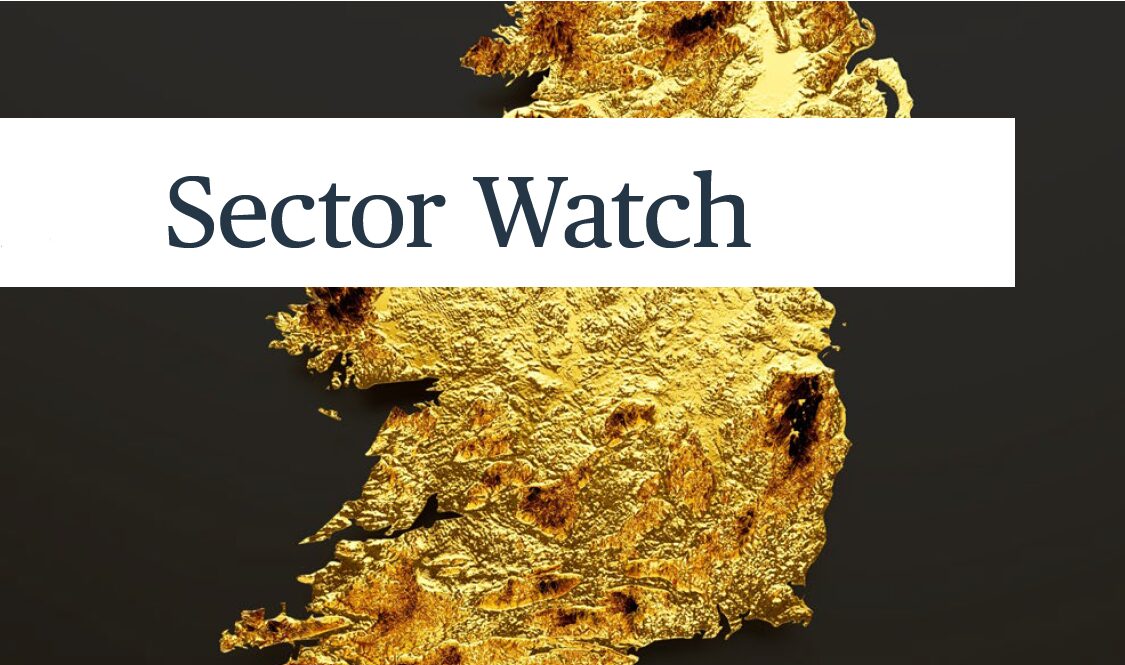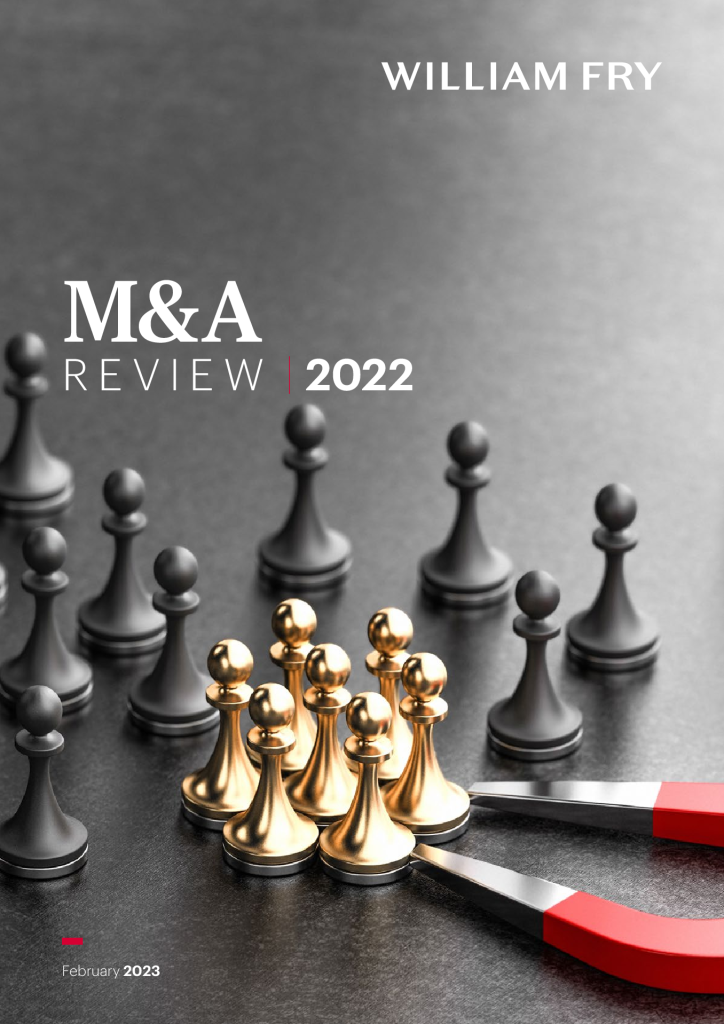This diverse mix of businesses has resulted in dealmaking across a range of industries, with 2022 being no exception.
This diverse mix of businesses has resulted in dealmaking across a range of industries, with 2022 being no exception.
The financial services sector featured prominently in 2022’s deals, accounting for more than half of Irish M&A by value. And, while the Sumitomo–Goshawk deal was an important element of that story, there were plenty of other significant transactions. Indeed, the sector accounted for four of the 15 largest deals in Ireland in 2022.
Some of that activity reflects ongoing restructuring – Allied Irish Bank’s purchase of Ulster Bank’s tracker mortgage business is a good example, with AIB Group also selling its non-performing loan division to a PE-led consortium. Other transactions were more geared towards strategic growth. In the insurance sector, for example, several players continue to pursue buy-and-build strategies in the brokerage market; last year saw PE-backed group AssuredPartners acquire Gallivan Murphy in the latest such deal.
Meanwhile, the technology, media and telecoms (TMT) sector continued to be an important focus for M&A, accounting for 22% of all deals by volume in Ireland during 2022. Indeed, Ireland’s status as a leading centre for European TMT continues to strengthen. Now the second largest exporter of computer and IT services in the world, eight of the top-ten global IT companies have a significant presence in Ireland.3 A tech-literate workforce and an attractive tax environment provide competitive advantage. Partners Group’s acquisition of Version 1, a provider of digital and cloud transformation services to public and private sector customers, is a good example of how companies that have grown in Ireland’s thriving tech sector are now having a global impact.
Fintech was a particularly high-performing TMT sub-sector and saw JP Morgan acquire Global Shares, a fintech company providing cloud- based share plan management software in a €665m deal.

Looking ahead, the challenges facing some tech companies in the wake of interest rate increases and the pull-back from pandemic fuelled expansion, may lead to further activity in 2023 as businesses restructure and buyers look to capitalise on cooling valuations.
Elsewhere, real estate and infrastructure saw an uptick in activity as investors sought out stable assets that provide a steady flow of income in an inflationary environment. This was evidenced by real estate accounting for 15% of Irish M&A by deal value last year, up from just 2% in 2021. Alongside Brookfield’s €1.1bn recommended takeover of Hibernia REIT, UK construction company John Laing completed a €1bn deal to purchase a portfolio of assets from AMP Capital, the infrastructure manager of the Irish Infrastructure Fund. Those assets included the Dublin Convention Centre, underlining international investors’ appetite for physical space for their businesses in Ireland.
Not unexpectedly given the global pressures facing the sector in 2022, energy was another active area, with particular focus concentrated on renewables and alternatives to hydrocarbons. As well as the Clean Earth–Alternus deal, last year saw Japanese investor Mitsui & Co acquire a significant stake in Mainstream Renewable Power, which develops, builds and operates wind and solar generation assets in a number of global markets.
Another sector worth singling out was pharmaceuticals, medical and biotechnology, which accounted for 12% of deals by volume last year, as the country’s reputation for innovation in drug discovery and development continues to attract attention. Some 120 international companies now have plants in Ireland, including nine of the ten largest pharmaceutical companies in the world.4 The year ended with the announcement of Amgen’s recommended takeover of Horizon Therapeutics plc in a US$28bn “mega-deal”, which is expected to close in Q1 2023.



